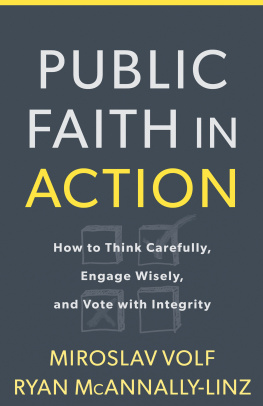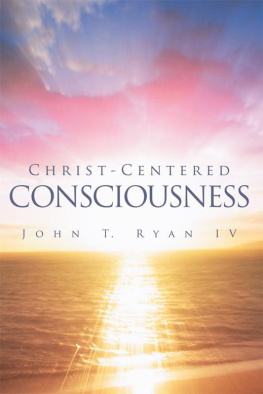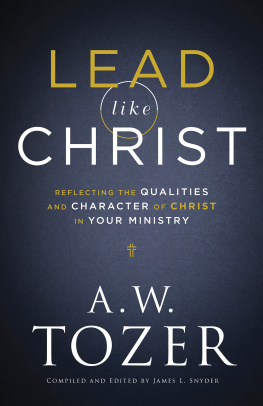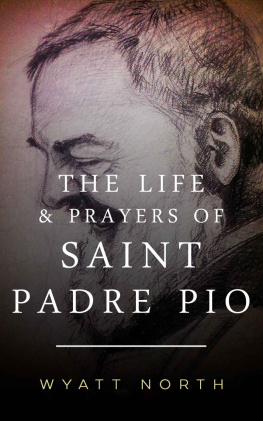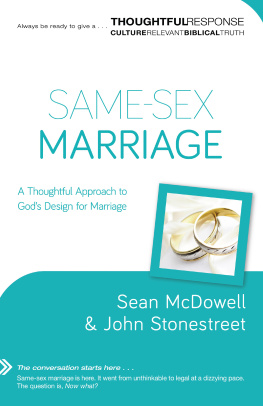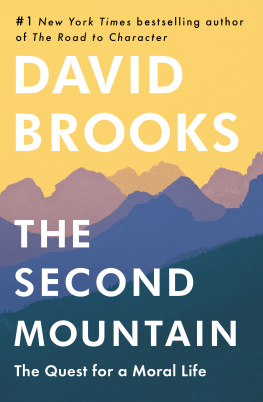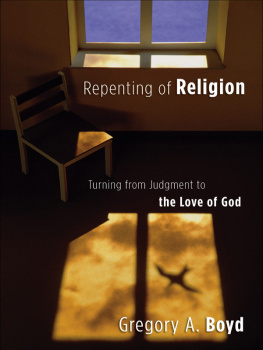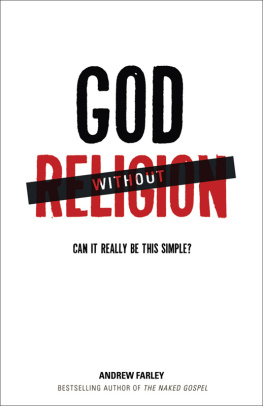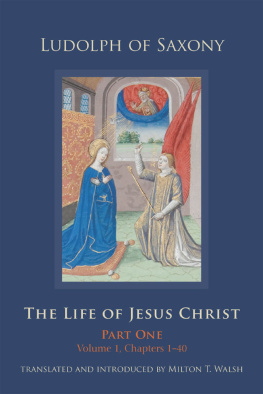1. Christ the Center and Norm
2. Christ, the Spirit, and Flourishing
3. Reading in Contexts
4. Wealth
5. The Environment
6. Education
7. Work and Rest
8. Poverty
9. Borrowing and Lending
10. Marriage and Family
11. New Life
12. Health and Sickness
13. Aging Life
15. Migration
16. Policing
17. Punishment
18. War
19. Torture
20. Freedom of Religion (and Irreligion)
21. Courage
22. Humility
23. Justice
24. Respect
25. Compassion
10
Marriage and Family
Though subordinate in value to singleness for the purposes of the gospel, marriage and family serve important social goods. They embody enduring covenantal commitments and are indispensable for raising children. The state should support marriages in which children are raised and should accord equal legal treatment to other-sex and same-sex marriages.
Christian reflection on marriage and the family has to wrestle with the relationship between two important convictions that stand in tension with each other. The tension forms the backdrop for our main topic here, which is not so much the Christian stance toward marriage and family in general as responsible Christian public engagement with regard to marriage and family.
On the one hand, the New Testament questions the importance of marriage and family. Jesus calls people out of their families (Matt. 4:2122; 19:29; 23:9). He considers those who do the will of his Father in heaven closer kin than his own mother and siblings (Matt. 12:4650). He says that he has come to set a man against his father, and a daughter against her mother, and a daughter-in-law against her mother-in-law (Matt. 10:35). He chastises those who let family obligations hold them back from following the call of the gospel (Matt. 8:2122). In a similar vein, the apostle Paul laments the divided interests and anxiety about the affairs of the world that come with marriage (1 Cor. 7:3234). For both Paul and Jesus, singleness is preferable to marriage. Paul counsels the Corinthians to remain unmarried if they can (1 Cor. 7:89, 2540). And Jesus praises those who have made themselves eunuchs for the sake of the kingdom of heaven (Matt. 19:12). Whatever else Christians say about the importance of marriage and the family, we cant lose sight of these significant caveats.
On the other hand, while Christian faith relativizes marriage and family, it also affirms that they are oriented toward genuine and fundamental goods. One is the raising of children. The stable, loving bonds that families ought to provide are vital for the formation of childrens basic trust in the world. Families are also central sites for the passing on of vital cultural traditions and for moral and religious instruction (Deut. 11:1819), for learning by close observation and shared practice what the good life is and how to live it. In a phrase, families are meant to be cradles of flourishing human lives. Families should (and often do) support the formation of flourishing people; marriage in turn should (and often does) found stable, nourishing families.
The stress here is on the rearing of children, not the begetting of them, to use a stereotypically biblical word. Marriage in particular isnt necessary for the sheer making of humans. Indeed, sometimes marriage hinders it, as in cases of infertility. Marriage and the families it can ground are more pivotal for the raising of humans. Joseph, for instance, is clearly superfluous to the holy family as far as procreation goes, and yet in Matthew the contribution that his marriage to Mary makes in Jesuss life is palpable (Matt. 2:1323). It would be presumptuous to say that the family is the only social form capable of raising flourishing children, but it is an institution uniquely well suited for this purpose. Other social forms of child rearing succeed to the extent that they become family-like by promoting the goods that properly functioning families provide.
It is noteworthy that Genesis doesnt tie the origin of marriage directly to the command to be fruitful and multiply but notes along with the command only the creation of humans as male and female (Gen. 1:2728). The scriptural story of marriage begins with Gods observation, It is not good that the man should be alone, and the subsequent creation of one who is for the first human bone of my bones and flesh of my flesh (Gen. 2:18, 23). This points to a second reason Christians should affirm the importance of marriage: it demands and nurtures deep covenantal commitments that both instantiate and foster human flourishing. Such commitments, increasingly rare in contemporary societies dominated by short-term, renegotiable, contractual relations of mutual convenience, reflect in a human way Gods unconditional and abiding love, the foundation of the divine covenant with humanity. This is why the Christian tradition, following Jesuss teaching, has historically insisted on the indissolubility of marriage. It is also why Christians can see marriage as a reflection (or sacrament) of the relationship between Christ and the church (Eph. 5:2233). Marriage is not a contract of convenience but a lifelong covenant of human beings with the most intimate and abiding of ties. Christians, obviously, often do not live up to this ideal. Still, abiding and unconditional love is what we sign on for when we enter the marriage bond.
Like all social institutions, the family and marriage are historically changing realities. They undergo transformations over time. We see a shift already in the Bible. Abraham and Solomon were not the kind of husbands an early Christian overseer was supposed to be, the husband of one wife (1 Tim. 3:2 KJV). The independent nuclear family of todays increasingly global middle class is significantly different from the Roman household of Cornelius the centurion (Acts 10). The romantic marriage between true loves that contemporary Westerners idealize and project onto Robin Hood and Maid Marian is a far cry from the experience of most actual medieval Britons. These transformations dont mean that were left without biblical and theological handholds for thinking about marriage and the family today, but they do require care in how we reason from the past to the present; we should not presume that we know just what it means to say something like marriage is part of the order of creation.

